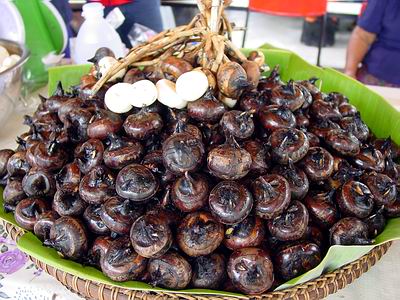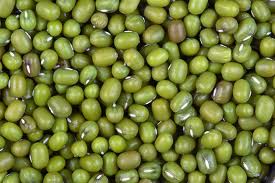A turnip is an edible tuber, formally known as Brassica rapa, and widely cultivated all over the world for food. The whitish to yellow roots are edible and store well, and the greens can be eaten like spinach or grazed as a cover crop by farm animals. In addition to being readily available in many grocers, turnips are also very easy to grow, as they are frost and drought tolerant. Historically, the turnip has served as a vital food source in northern nations because they keep well over the winter, providing a valuable form of vegetable nutrition
The spicy flavor of a fresh young turnip and turnip greens is a result of the fact that turnips are in the mustard family. The origins of the turnip appear to lie in Asia, although it was brought West many centuries ago. Turnips were cultivated in Ancient Greece and Rome, and spread to Northern Europe as well. Because the climate of Northern Europe is much harsher, turnips became a popular crop, thanks to their durability.
Health Benefits of Turnip
- Good physique and no excess fat because of low calories
- High quantity of Vitamin C and anti-oxidants help curb free radicals and destructive oxidation reactions
- Lowers the risk of obesity, high blood pressure, diabetes, and cancers of the stomach, pancreas, bladder, and lung diseases
- Prevents and heals up a wide range of health problems because of high nutrient content
- Very rich source of calcium, phosphor, folic acid and magnesium, essential for all-round development of human body
- Helps prevent cataracts and cardiovascular disease due to large amount of lutein

